Talavaldis Kenins
Born in Liepaja, Latvia in 1919, Talivaldis Kenins was a child of parents eminent in the cultural and political life of that country. His father, Atis-a lawyer, educator, diplomat, politician, minister of Education and Justice-was also a poet and translator, while his mother, Anna, was a noted writer and journalist. Raised in this milieu, young “Tali” started piano studies at age five and his first compositions were written when he was eight.
He pursued formal education at the College de Menton and Lycée de Grenoble, France, where he received his “Bachelier des lettres” in 1939. He then pursued composition at the State Conservatory in Riga under Joseph Wihtol, but was forced to leave Latvia by the second Soviet occupation following World War II. He returned to France, and in 1945 entered the Conservatoire National Superieur de Paris, where his teachers included Simone Plé-Caussade, Tony Aubin and Olivier Messiaen. The student composer supported himself in postwar Paris by accompanying vocalists, serving as pianist for theatrical productions, and playing in dance bands. Despite these financial challenges, Kenins completed all course requirements, received the Perilhou, Gouy d’Arcy and Halphen music prizes, and graduated in 1950 with the “Grand Prix Laureate” in composition. Also in 1950, he was awarded a scholarship by the UNESCO International Music Council (which permitted a full-year of postgraduate work), and Herman Scherchen conducted his Septet (1949) at the Darmstadt New Music Festival later the same year.
Following his marriage to compatriot Valda Dreimane, Kenins moved to Canada in 1951 to assume duties as organist and music director at St. Andrews Latvian Lutheran Church in Toronto. He joined the Faculty of Music at the University of Toronto the following year, teaching composition and contrapuntal techniques. Kenins was appointed full professor in 1973, and served as co-ordinator of the composition division between 1977-79. Among his many talented students are Edward Laufer, Walter Kemp, Bruce Mather, Imant Raminsh, and Arthur Ozolins as well as younger composers Tomas Dusatko, James Rolfe and Ronald Smith.
In addition to his academic duties, Kenins has been very active in Canada’s professional musical life. He founded the Latvian Concert Association of Toronto in 1959, was an active member of the Canadian League of Composers for many years (and its president in 1973-4), and has lectured on contemporary music and Canadiana at institutions, conferences and symposia around the world.
Kenins is the author of a great many works of chamber music as well as eight symphonies, twelve concertos, three cantatas, an oratorio, choral works and a number of educational pieces. The clarity of his musical expression and consistency of his craft have resulted in Talivaldis Kenins becoming one of our most commissioned and performed composers. His music has been included on numerous national and international festivals and he has been the recipient of many honours. Invested with the Champollion Silver Medal (Grenoble), created Officer of the National Three-Star Order of the Republic of Latvia, named Professor Emeritus by the University of Toronto after 32 years of distinguished teaching, appointed an Honourary Professor by the Music Academy of Latvia, Talivaldis Kenins became the subject of a film documentary prepared in 1990 by the Latvian Radio and Television Services. In 1989, a four-CD set devoted to Kenins’ music was released by RCI as part of its Anthology of Canadian Music series. In tribute to Kenins on his 75th anniversary, a major biography of the composer, written by Dr. Ingrida Zemzare, was published by Gara Pupa Editions in Latvia.
2002
Showing all 6 results
-
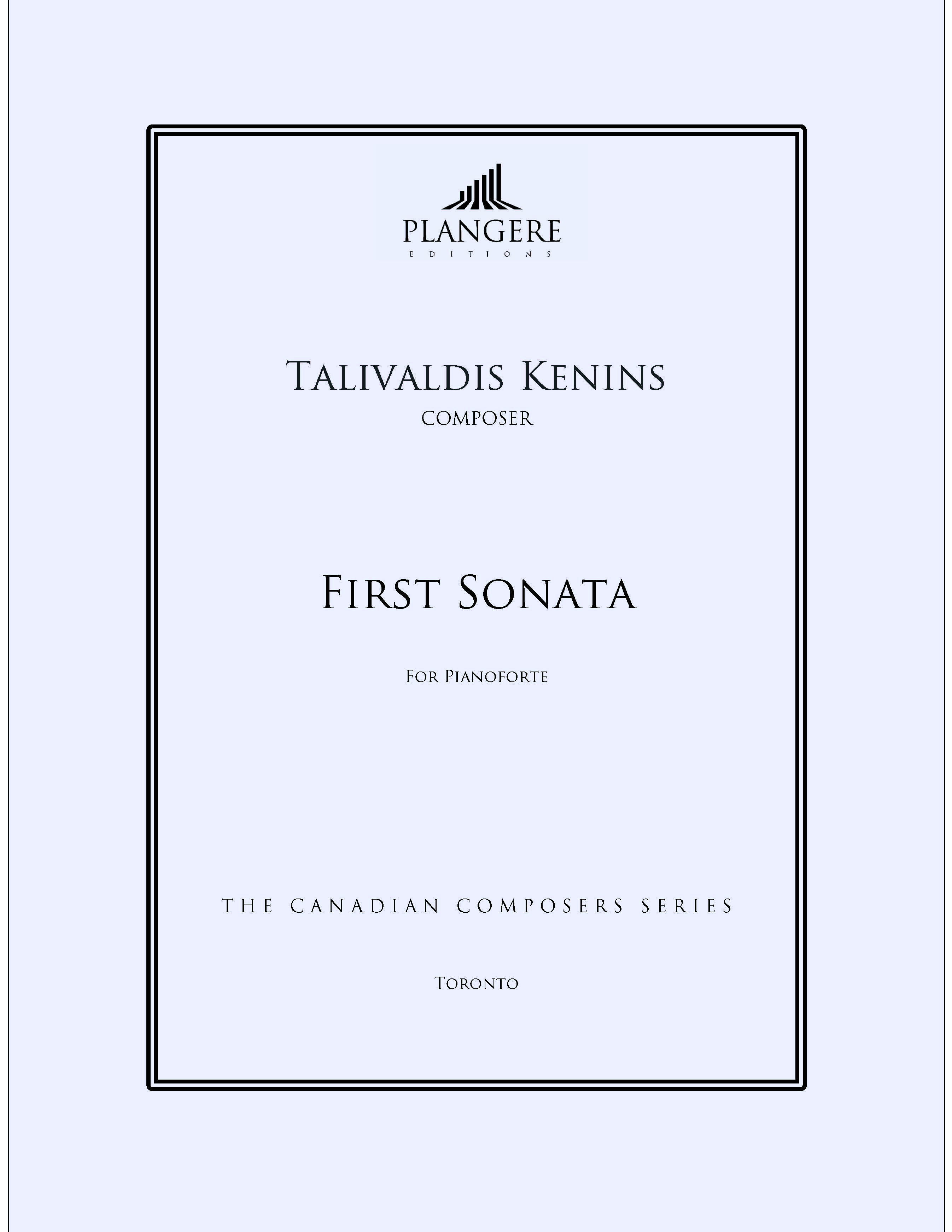
Sonata for Piano
$24.99 Add to cart -
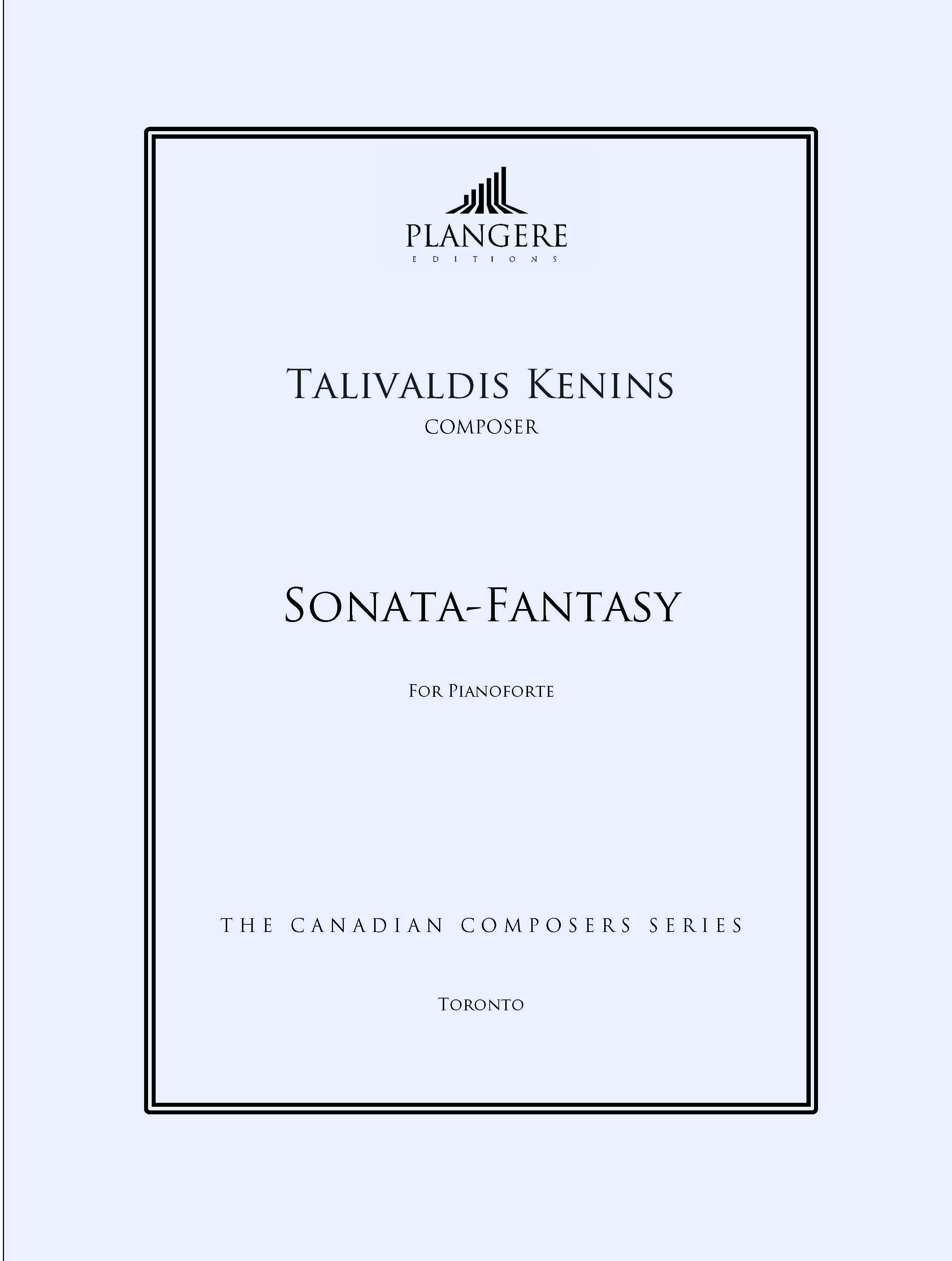
Sonata-Fantasy (2nd Sonata – 1981)
$24.99 Add to cart -
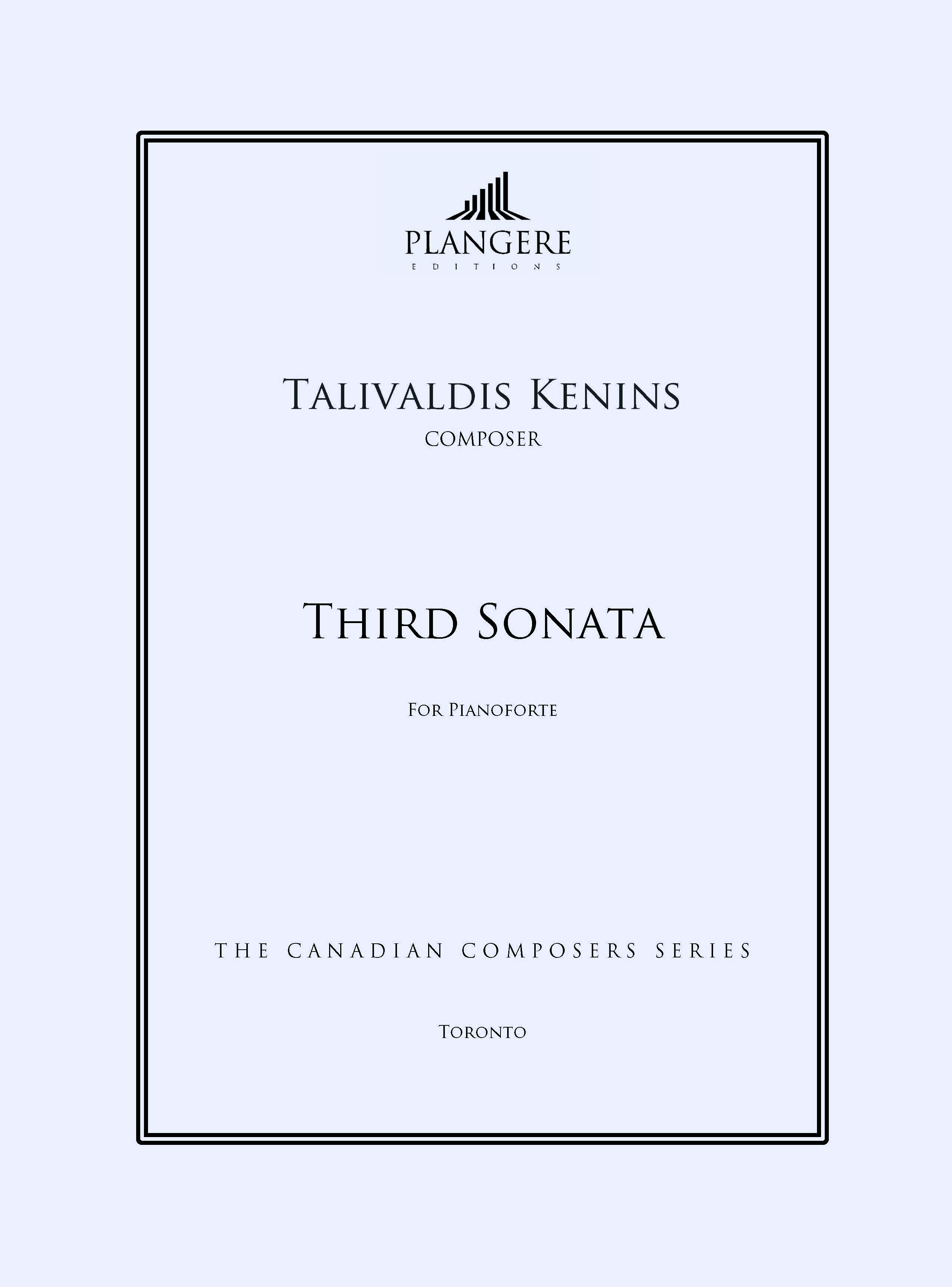
Sonata no.3 for Piano
$24.99 Add to cart -
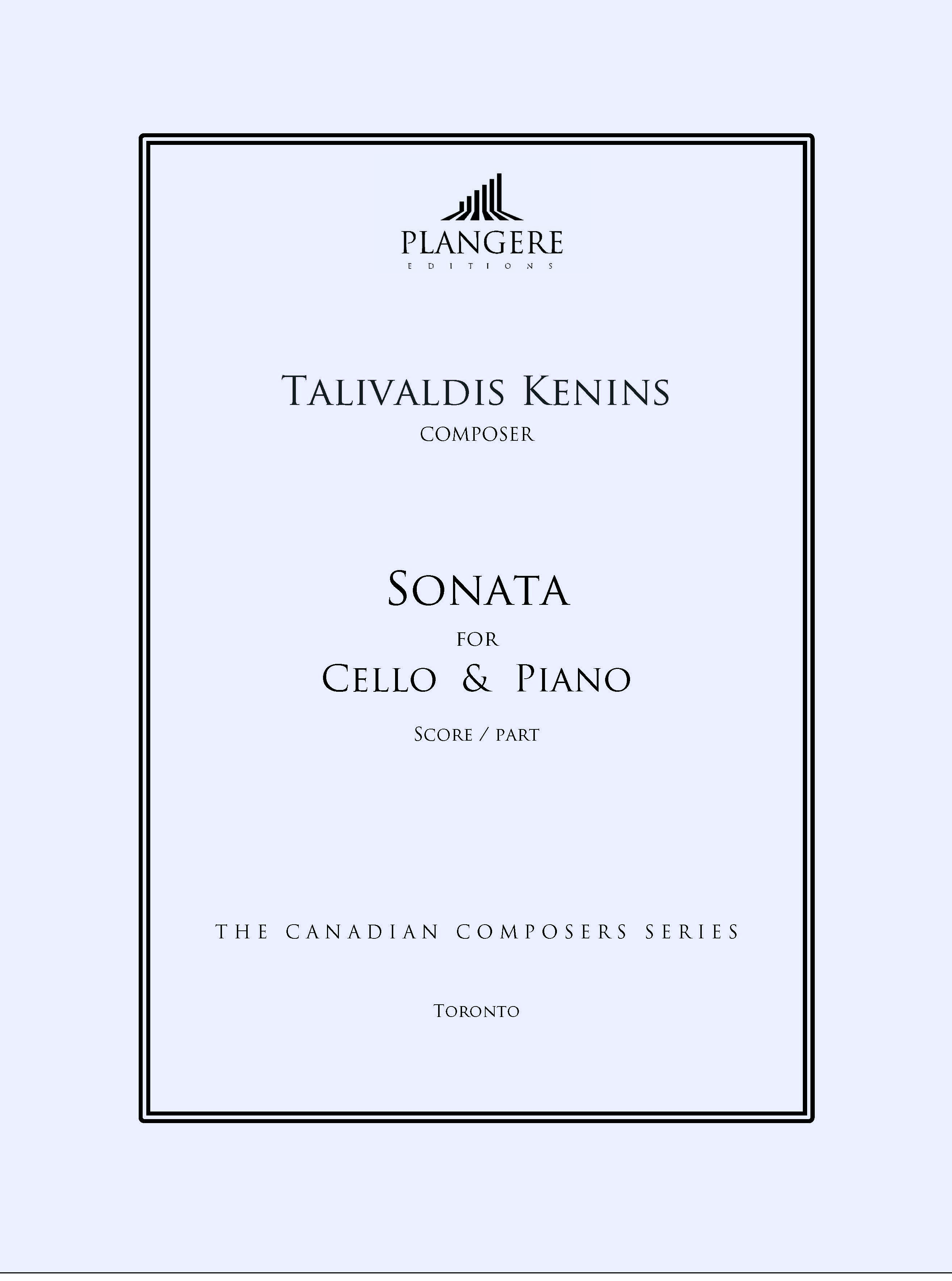
Sonata for Cello and Piano
$44.99 Add to cart -
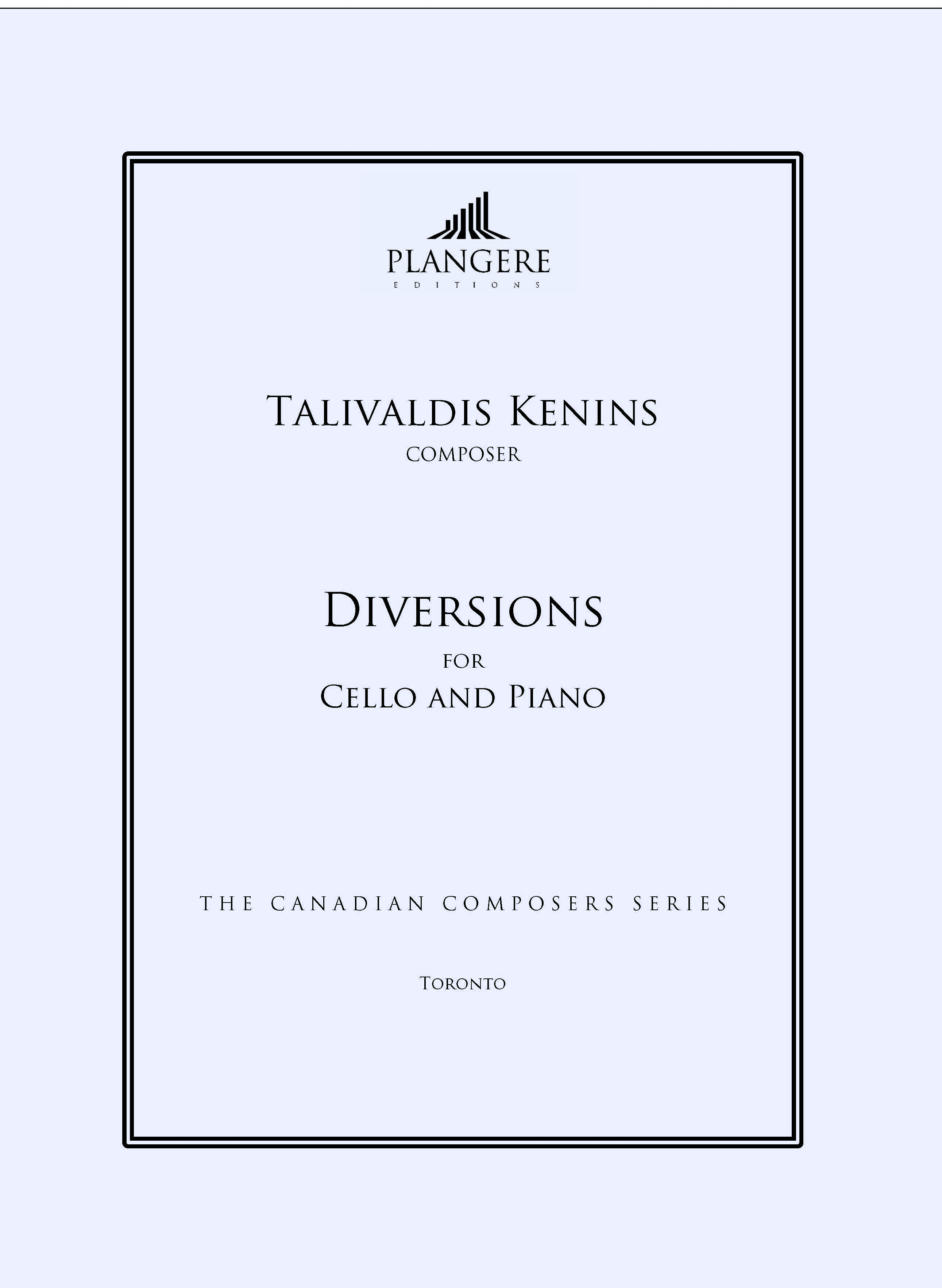
Diversions on a Gypsy Son
$21.99 Add to cart -
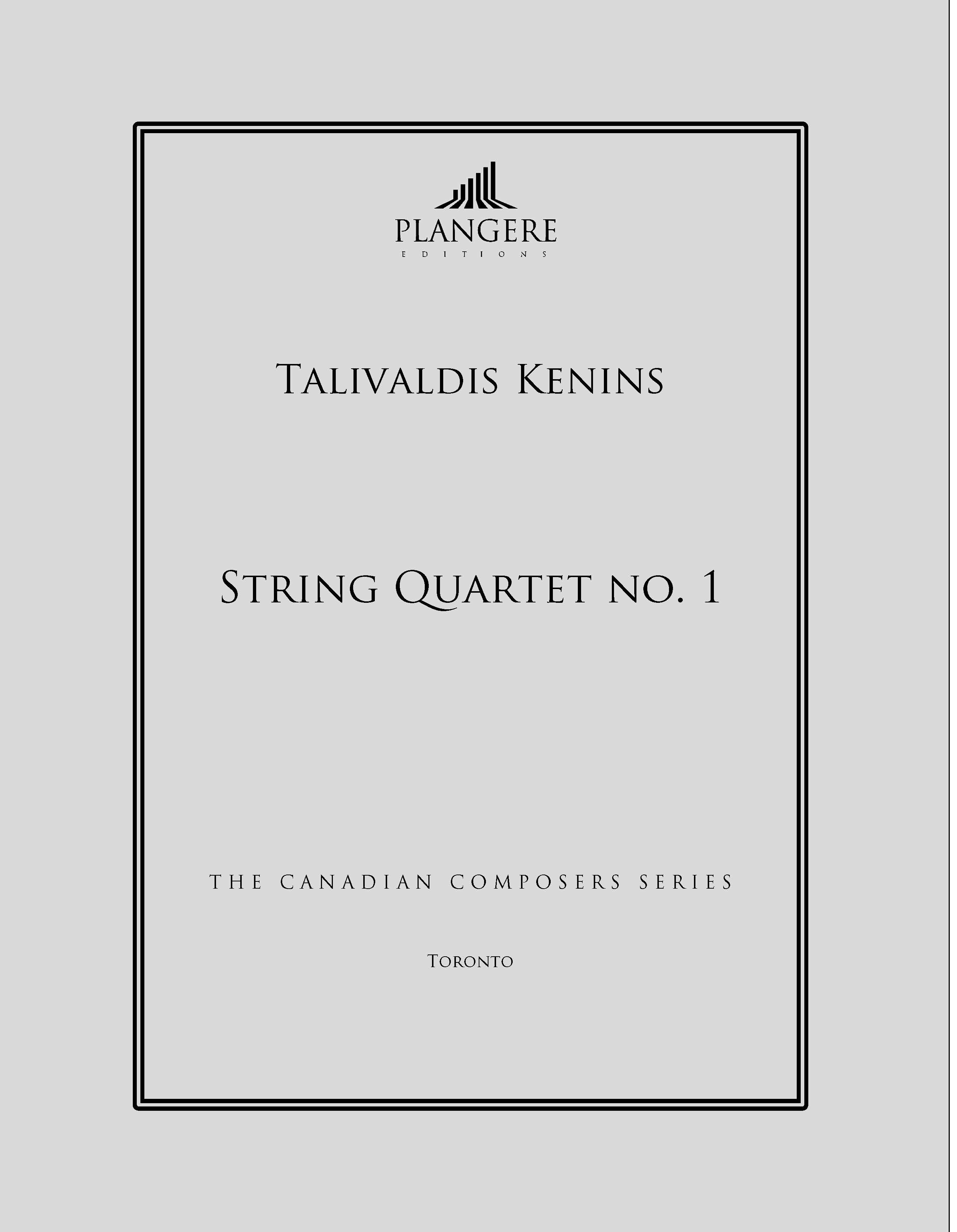
String Quartet
$139.99 Add to cart
Showing all 6 results
